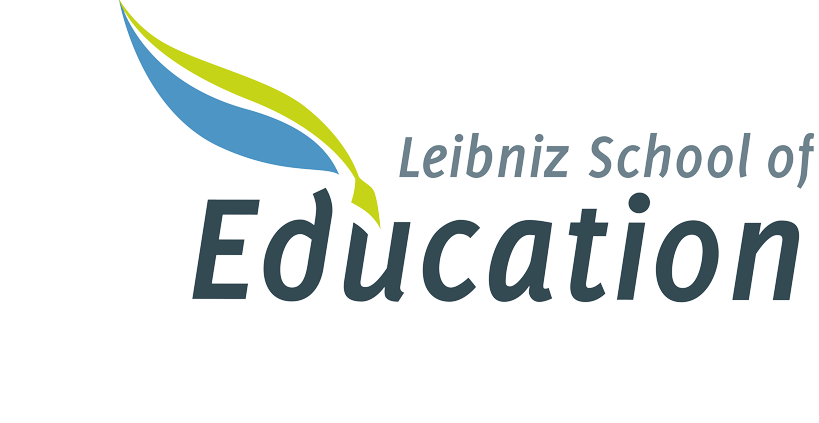Thinking Controversially
The Psychological Condition for Teaching Controversial Issues
- authored by
- D. Yacek
- Abstract
How should we teach controversial issues? And which issues should we teach as controversies? In this paper, I argue that educators should heed what I call a ‘psychological condition’ in their practical efforts to address these questions. In defending this claim, I engage with the various decision criteria that have been advanced in the controversial issues literature: the epistemic criterion, behavioral criterion, political criterion and politically authentic criterion. My argument is that the supporters of these various criteria have focused too closely on the socio-political and epistemic qualities of controversial issues in deriving their controversial issues pedagogies and have thereby overlooked the necessary subjective conditions for teaching controversial issues. If our pedagogical efforts to cultivate students’ reason by means of controversial issues are to be successful, then we must understand controversy as fundamentally a psychological phenomenon consisting in an intellectual tension in the minds of students. In the final pages, I conclude by recommending several forms of directive teaching that promise to be instrumental for creating such intellectual tension.
- Organisation(s)
-
Leibniz School of Education
- Type
- Article
- Journal
- Journal of Philosophy of Education
- Volume
- 52
- Pages
- 71-86
- No. of pages
- 16
- ISSN
- 0309-8249
- Publication date
- 02.2018
- Publication status
- Published
- Peer reviewed
- Yes
- ASJC Scopus subject areas
- Education, Philosophy, History
- Electronic version(s)
-
https://doi.org/10.1111/1467-9752.12282 (Access:
Closed)
-
Details in the research portal "Research@Leibniz University"


